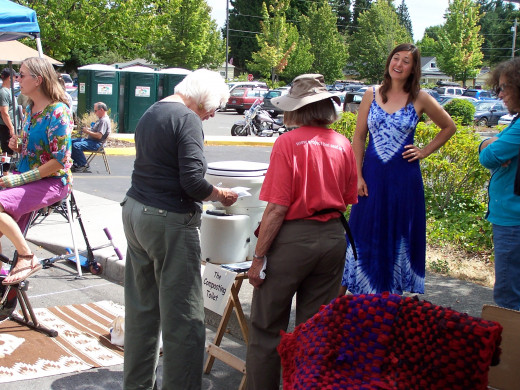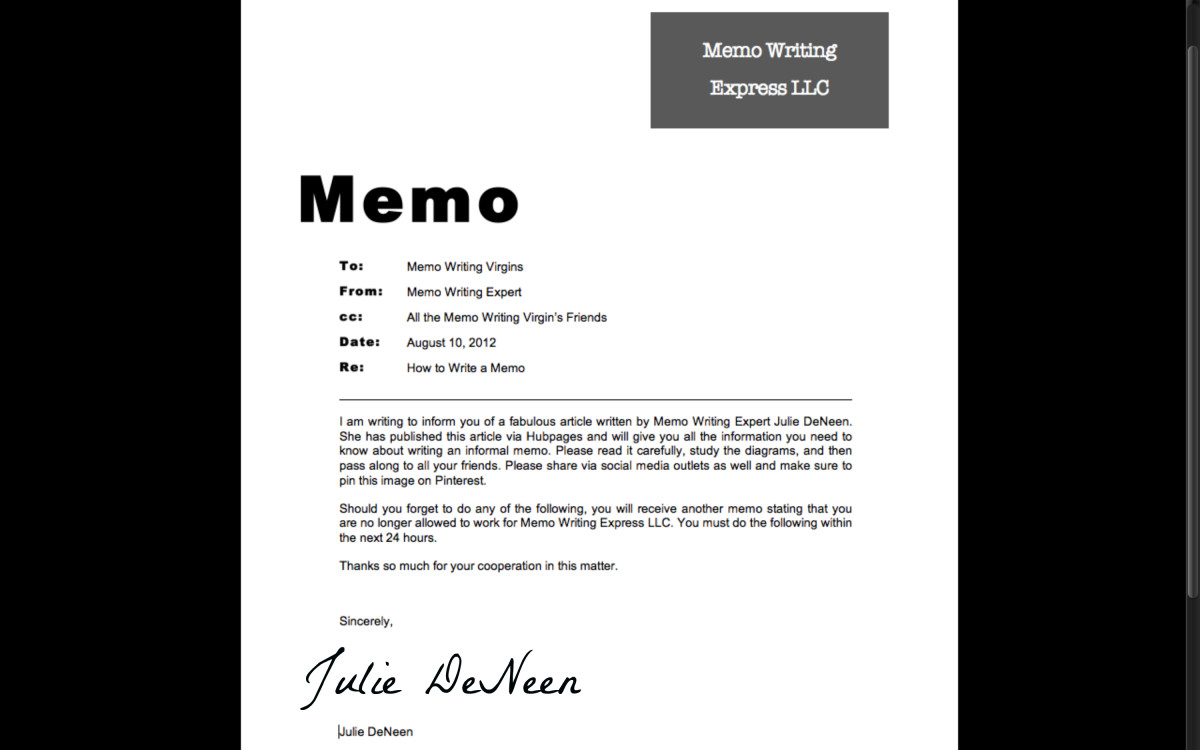The Writer's Mailbag: Installment Thirty-Two
And Here We Go Again
Happy February to you all! I don’t know about you, but once January leaves, I start thinking about Spring and gardening. For those of you in Canada or on the east coast, I’m sure this sounds weird, but that’s the way my mind works living in balmy Olympia, so there you go.
We’ve got some great questions this week and some really terrific “average” answers, so let’s get started. Remember, if you have questions pertaining to writing, just leave them in the comment section and I’ll include them in next week’s Mailbag.

Body Language
From Faith: Maybe you can address the issue of how to effectively portray body language in a character when writing? That seems to me to be a tricky one, unless you just come straight out and state such as ...she did not make eye contact. Just stating that will make the reader immediately aware that the person was not interested in helping, or too distracted or just rude.”
Well, Faith, you are on the right track. Basically there are four ways to portray body language in a character. They are:
- Facial expressions….eye contact is the biggie in this grouping.
- Gestures….fidgeting, steepling of fingers, crossing arms…all of these can stand for something
- Posture….closed or open posture can mean withdrawal or welcoming.
- Space….one standing while another sits might mean dominance….invading personal space can mean something else….facing someone while speaking can mean acceptance and respect.
Those are the four main categories when we speak about body language. I hope that helps.

More on Creating a Mood
From Catherine: “I noticed that you didn't use quote marks for dialogue and somehow that worked, adding to the mood of being a "lost soul." It is a technique I have rarely, if ever, seen used. Maybe you could comment on that in another mailbag.”
Catherine is referring to the short story “The Invisible Man” I published last week; here is the passage in question:
“Delightfully wasted now, I stumble down forty-fifth to Beacon, and glancing into the smog-covered night I see Debbie, manning her post under the red light. What’s the haps, pops, she says, nothing I say, just keeping it real, Deb, and fighting back the heebie-jeebies with guns blazin’ and hopes sinkin’. Quiet night she says, no soldiers looking for a twenty buck blow, no restless husbands desperately seeking respite from married bliss, just that goddamned cold seeping under the door and through the windows and say, how about sharing that bottle? Give old Deb a drink now, soldier, and I comply, cuz’ Deb’s good folk, she’s paid her dues on her knees, on her back, and straddled from behind by self-righteous church-goers who will trade all the Bible preaching in a month of Sundays for a half-hour of carnal pleasure under stained sheets and a dull street lamp.”
In that passage, I wanted to set a bleak mood in a scene that was stark and foreboding. I felt run-on sentences with no quotations would give the story that feel. I’m talking about two street people, and I didn’t want correct English spoken because on the streets, correct English is a luxury few are treated to. It’s just down and dirty communication and that’s what I hope I achieved by not using quotation marks.
Remember that there are times when incorrect grammar can prove to be a strength rather than a liability, but you have to choose your situations carefully and don’t overdo it.
The Numbers Game
From Sally: “I have been wondering how you manage to update your 926 hubs and keep them up-to-date and fresh. Do you think that earnings are really relative to having more hubs, or having hubs which people visit on a day to day basis. Is this really only a numbers game or is there more to it than that?”
Sally, it’s a great question, but I would never suggest my track record on HP be followed by anyone truly trying to make some passive income.
To answer your first question, I’ve only updated my hubs once in three years. I simply don’t care to waste my time doing that, and it’s a waste of time for me because I’m not on HubPages to make money. I like being part of a writing community, and HP is a place where I can store my stories and articles until I need them for books in the future.
I do not think earnings are based on more hubs. I know of several writers on HP who only have 100 or so Hubs, and they far out-earn me. They write SEO-friendly articles with great keywords about topics that the online community is interested in. I don’t do any of that.
So, is it a numbers game? Yes and no! The more articles the better, as long as those articles are about search-friendly topics and keywords are used correctly in those articles. If my 926 articles had been written according to HP guidelines as mentioned in the Learning Center, I’d be making a ton of money right now.
Length of Hair
From DJ: “Bill, please tell me you’ve cut your hair by now.”
Well, DJ, you’ll be happy to know that Bev did cut my hair, for the first time in a year, and I now look respectable once again. LOL I’ll get it cut next year at this time whether it needs it or not.
Content Mills
From Patty: “What do you think of content mills? Is it possible to make a good supplemental income by writing for them?”
Well, Patty, the answer to the second question is yes. You have to write a lot of articles at ten bucks each to make an income, but if you did it full-time, it would be possible to make five-hundred dollars or more each month.
The answer to your first question is I think they are a joke. Ten dollars for 500 words…it takes me about twenty minutes to write 500 SEO-friendly words, and that’s if research is not required. If research is required, then one article will take me an hour. I don’t know what you think your time is worth, but mine is worth more than ten dollars per hour.
Look at it another way: if the content mill is paying you ten bucks to write the article, you can bet they are charging their customers between thirty and fifty dollars for that article. The smart thing for a writer interested in this type of writing to do is cut out the middleman. Go out and find your own customers, and charge them thirty to fifty bucks for an article, and leave the content mill in the dust.
Content mills will continue to exist as long as there are writers willing to work for slave wages, and it should be noted that in a world of supply and demand, writers who write for these content mills are the ones driving the price down. If no one was willing to do it, the content mill would be forced to pay more money. This is simple economics.
Bottom line on this question: I won’t do it.
Join me on my writing blog
- William Holland | Helping Writers to Spread Their Wings and Fly
Tips, discussion and the sharing of ideas about writing

More Next Week
I’m continuing to enjoy this series, and based on the comments I receive, all of you are enjoying it as well, so I’ll see you next Monday, same time, same place. Until then, enjoy what you are doing. We are writers, and that means we are wordsmiths, and civilization needs us. We are the recorders of history, and I happen to think that’s pretty cool.
2015 William D. Holland (aka billybuc)
“Helping writers to spread their wings and fly.”











